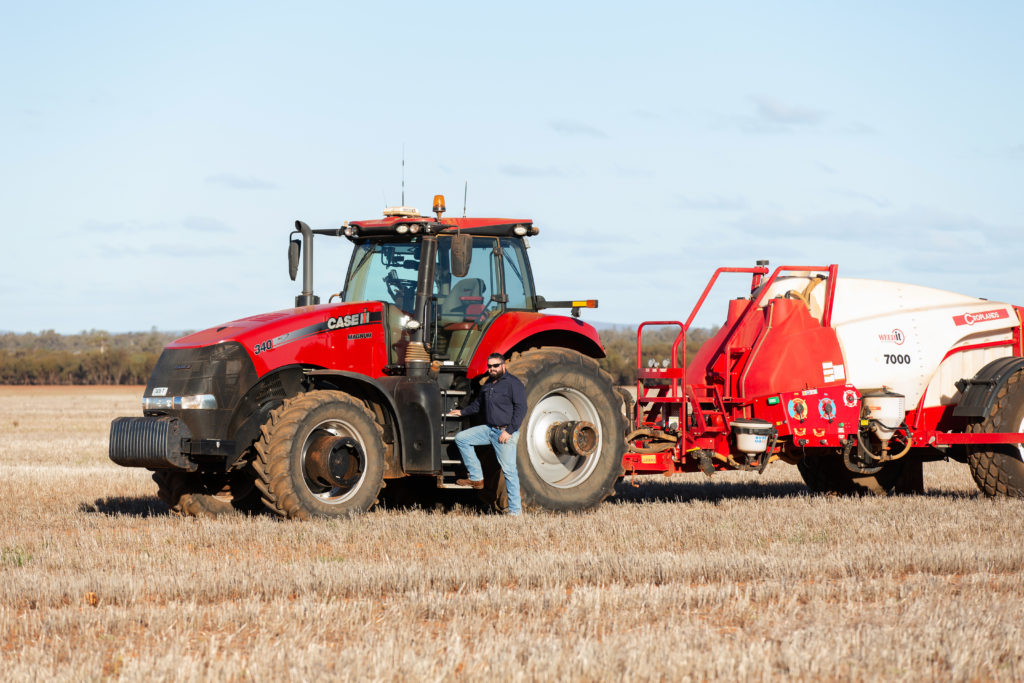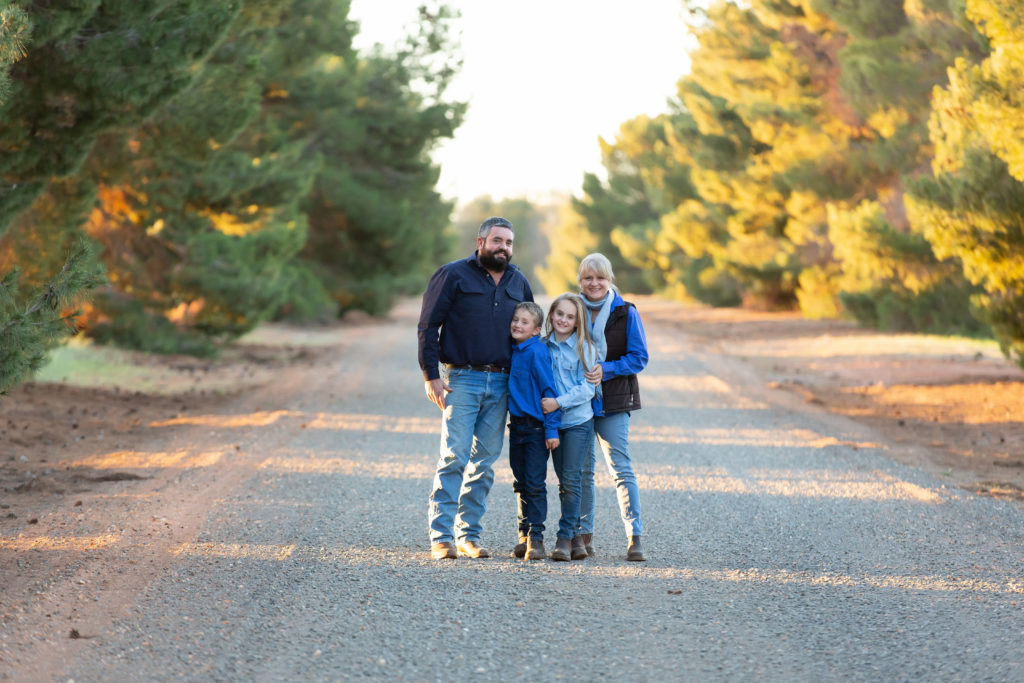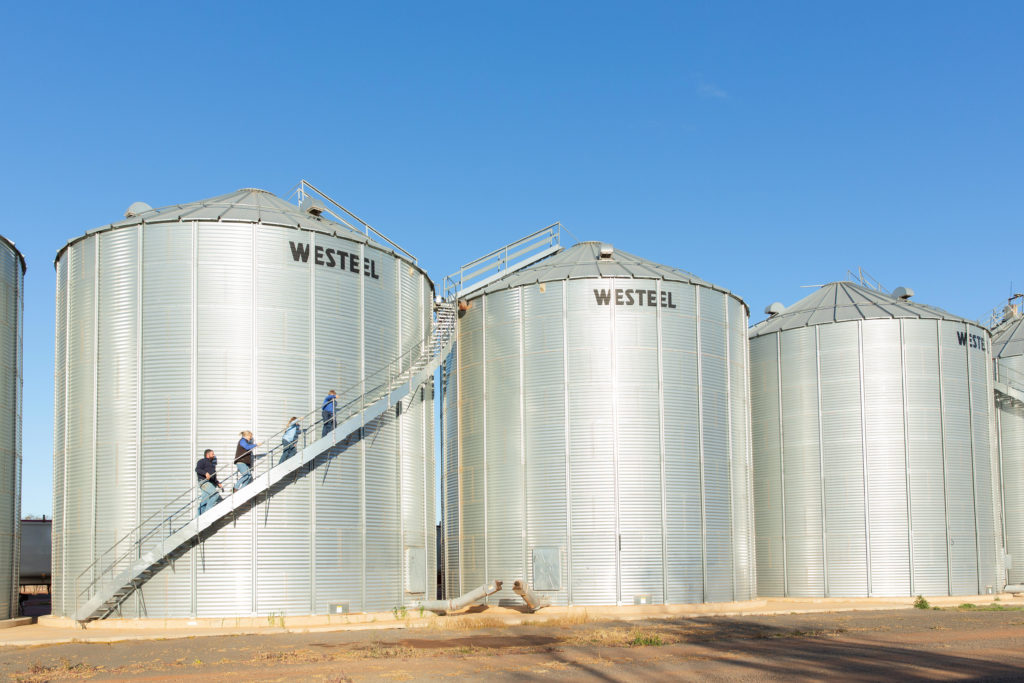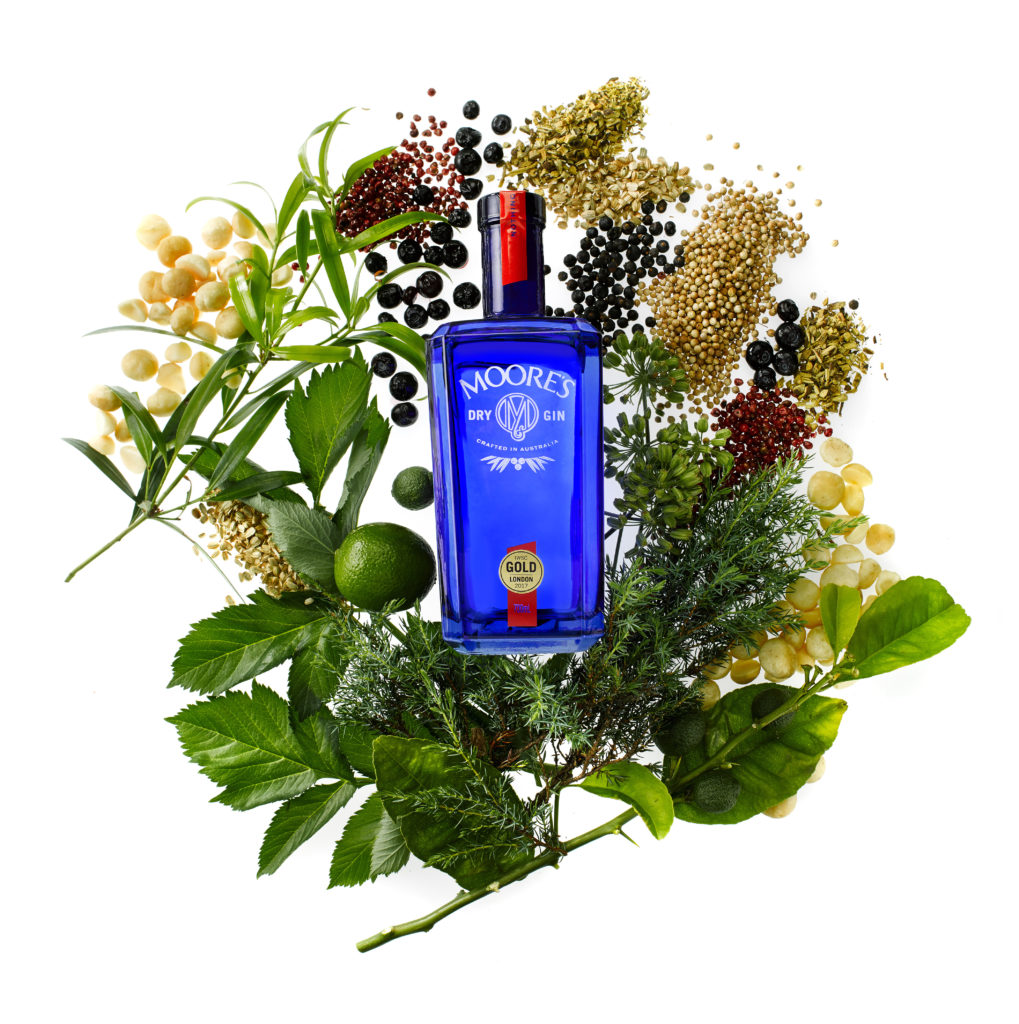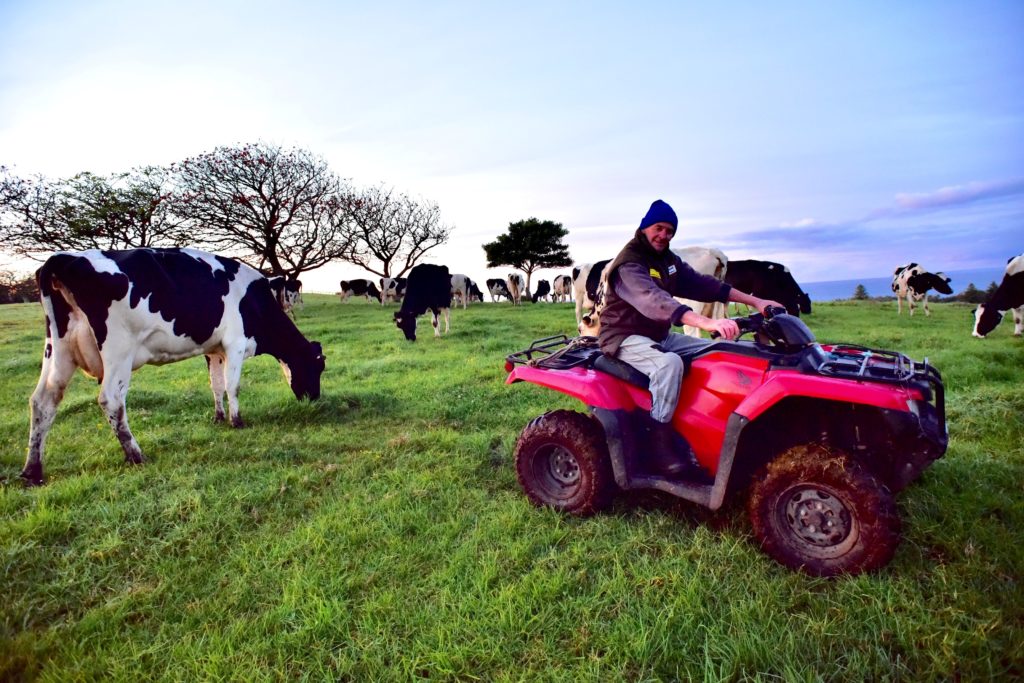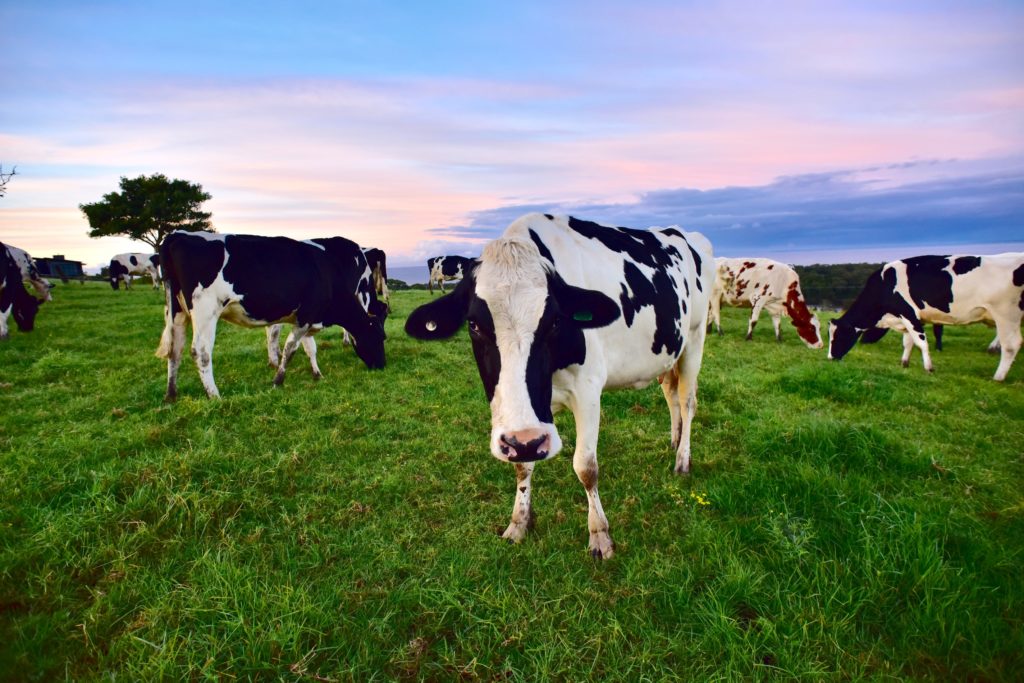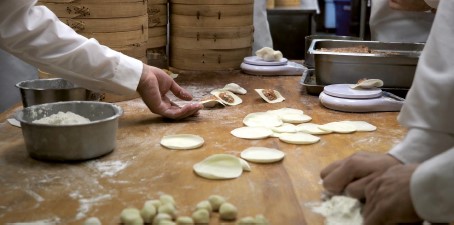Manildra Group’s stockfeed division specialists are excited to re-launch our dedicated horse feed as Manildra Equine, established in 1962 as Winning Post.
The first product launched in the much-anticipated Manildra Equine brand, Performance Horse has been expertly crafted to support high-performing working horses towards champion status.
Formulated and recommended by leading equine vets and nutritionists, Manildra Equine Performance Horse feed guarantees endurance, speed and rapid recovery.
As a superior feed solution, the wide-ranging benefits of this high-performance feed include:
LOW SUGAR AND STARCH
For high energy yet less than 15 per cent sugar and starch, preventing common health issues in horses.
PRE-COOKED GRAIN
Processed with high heat and steam to provide an optimum ingredient for repeated fast sprints.
A COMPLETE HARD FEED
Heavily fortified with essential nutrients, designed to enhance and improve horse performance, hoof health, physical appearance and overall health.
IMMUNE-BOOSTING
Full of minerals such as copper, zinc, manganese, selenium, iodine and chromium, plus many antioxidants, to protect hard-working muscles.
BIOTIN ADDED
For improved hoof condition.
MUSCLE-BUILDING
Containing many essential amino acids necessary for proper muscle-building, and high levels of chromium proven to prevent muscle breakdown.
FEED LESS
A complete feed option with a superior quality, nutrient-dense profile, high energy content and digestibility.
Manildra Equine Performance Horse feed has already been adopted by established equine enterprises including industry leader Anto White’s Belltrees, in the NSW Hunter Valley.
“We are feeding about 1kg of Performance Horse pellets per horse per day, alongside hay, and the feed has been a phenomenal success,” said Mr White.
“Despite the drought conditions, the horses are in great condition, showing a good topline and strong hindquarters with shiny and healthy coats – so we are extremely happy with the feed.”
Manildra Group National Stockfeed Manager Tim Wirth said those results were consistent with the feedback being received on Performance Horse.
“Our premium-quality ingredients, coupled with a unique and innovative production process with a set recipe, have allowed breeders and owners to be confident in our Manildra Equine performance pellet,” said Mr Wirth.
“Already we have seen equine enterprises choose our pellet as their preferred feed option for better horse health and competitive advantage.”
With success looking different on every horse – from polocrosse ponies to campdrafting horses – give your horse a head start and organise your delivery of Manildra Equine Performance Horse today.
Performance Feed On Track To Winning Post
Get in touch with our specialised stockfeed team on 02 4423 8300 or at stockfeed@manildra.com.au
